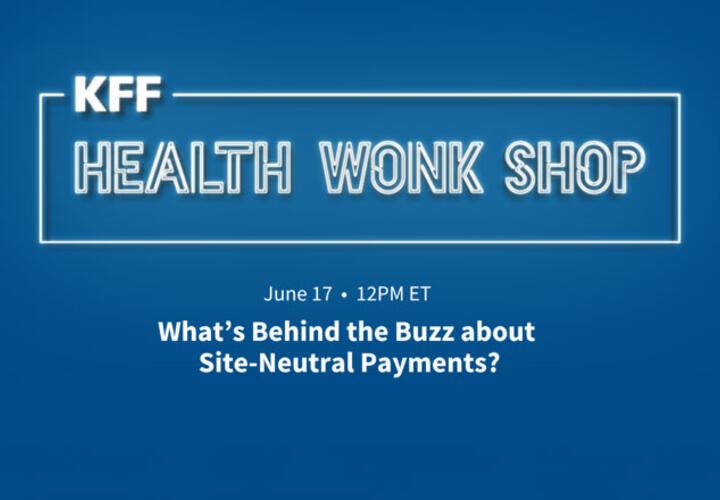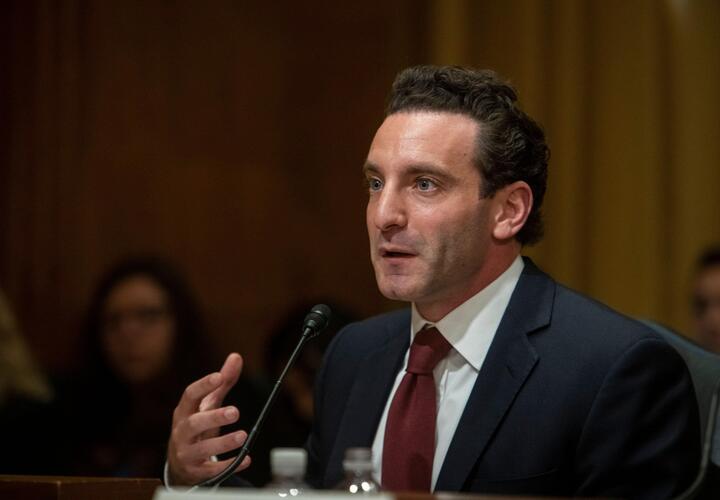Health Economics Spotlight: Prof. Zack Cooper
UPCOMING EVENT
What's behind the buzz about site-neutral payments?
This Monday, June 17 at Noon ET, Zack Cooper is joining KFF's Health Wonk Shop for a 45-minute discussion on the concept of site-neutral payments, including why it has become an issue for policymakers and private payers like insurers and employers, how Medicare payments currently work, how various proposals would change the law, and the potential impact of those changes.
Site-Neutral Payment Policies:
Just the Facts
Zack Cooper, Elizabeth Jurinka, and Daniel Stern synthesize academic and unbiased third-party literature on the evidence related to site-neutral billing in Medicare.
Policy Brief: Vertical Integration
Prof. Daniel Kessler at Stanford University discusses vertical integration as part of the 1% Steps for Health Care Reform Project.
Rising Consolidation and Health Spending
US Senate Testimony
On June 8, 2023, Dr. Cooper testified before the US Senate Committee on Finance, serving as a key expert for the hearing “Consolidation and Corporate Ownership in Health Care: Trends and Impacts on Access, Quality, and Costs.”
Publications
News
Other Work
About Zack Cooper
Zack Cooper is an Associate Professor of Public Health and Associate Professor of Economics at Yale University. He also serves as Director of Health Policy at Yale's Tobin Center for Economic Policy. Professor Cooper is a health economist whose work is focused on producing data-driven scholarship that can inform public policy. In his academic work, he has analyzed the impact of competition in hospital and insurance markets, studied the influence of price transparency on consumer behavior, investigated the causes of surprise out-of-network bills, and examined the influence of electoral politics on health care spending growth. Cooper has published his research in leading economics and medical journals including the Quarterly Journal of Economics and the New England Journal of Medicine. He has also presented his research at the White House, the Department of Justice, the Federal Trade Commission, and the Department of Health and Human Services.











